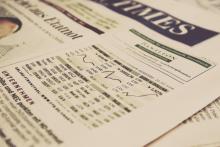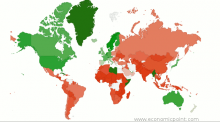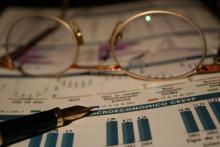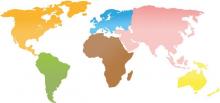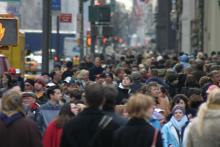Macroeconomics
Branches of Economics
- Behavioural Economics
- Ecological Economics
- Environmental Economics
- Health Economics
- Information Economics
- International Economics
- Labour Economics
- Monetary Economics
- Population Economics
- Public Finance
- Urban Economics
Microeconomics
Economic Growth
What is Economic Growth?
Economic Growth is the increase in the quantity of goods and services produced in an economy during a period of time.
The GDP (Gross Domestic Product) measures the value of the goods and services produced during a period of time. The real GDP takes inflation into account, that is, the effects of the inflation are removed.
Difference Between Microeconomics and Macroeconomics
Economic Model
A model is a representation of a theory or event. An economic model is a simplified representation of economic processes. This representation can be used to:
- gain a better understanding of the theory,
- to explain the theory to others
- to generate hypotheses about economic behavior, that can be compared against economic outcomes.
- to predict the outcome of economic policies.
What is National Income - National Income Definition
National income is the sum of the incomes of the owners of the production factors, belonging to a specific nationality and during a specific period of time, usually one year.
It includes:
- Income of labour: Salaries
- Income of capital: Rents, interests, utilities and dividends
- Income of land: Rent of the land
National income doesn’t include those incomes that doesn’t have the provision of a good or a service as a counterpart, like:
Micro and Macro Economics
The most common division of economics is that which separates macroeconomics from microeconomics. The difference between macro and micro was introduced in 1933 by the Norwegian, Ragnar Frisch. The origin of the words says a lot about their meaning: in Greek, macro means big and micro means small.
Gross Domestic Product
The Gross Domestic Product is the monetary value of final goods and services produced by an economy in a given period of time.
The word gross means that certain values are not calculated; these values are: variation in inventories and capital depreciations or appreciations.
The word domestic indicates production within the geographical boundaries of a given economy and
The word product refers to an added value.
Definition of Economics
Economics is a social science that studies the way in which people, organizations and countries assign resources. Its objective is to study the relationships between production, distribution, exchange and consumption of goods, services and ideas.
The main objective of economics is to enhance the well being of people, but this does not necessarily mean to grant them the greatest amount of consumer goods.
